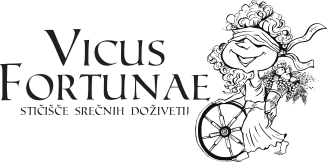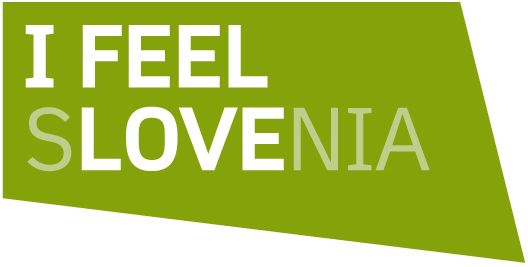School history
Although archival sources relating to the history of education are scarce, they indicate that school activities in Hajdina began as early as 1705. A good century later, in 1808, the school became a public single-class school, attended by more than 60 pupils. The first regular teacher, Jožef Domanjko, was also an organist, and lessons were held in the house of a farmer named Muršič. Today, it is difficult to understand that classes lasted from November 1 to September 15. The school program expanded, and in May 1879, it became a two-class school, and in 1885, a three-class school.

In May 1869, construction works began to build a new school building. However, the whole process of building was not entirely without scandals, as the then priest refused to bless the foundation stone because the school was not attached to the church; nevertheless, in June the same year he blessed the construction site in secret. So, the new school building opened its doors on 20th April 1879.
On 10th February 1910, the school opened six classes as per official decision of the Educational Counsel in Graz. During WW I, the second class was temporarily turned into a veterinary hospital for horses and mules. In 1938, the electricity supply system was introduced to Hajdina and to school, of course. During WW II, all classes were held in German as the Slovene language was forbidden.
In 1950 the school had eight classes, that is: four classes of elementary school and four of college. During the school year 1957/58 all classes merged and the school became primary school. Since October 1959, a magazine named Hajdihojca has been published on a regular basis.
In 1997, at its 100th anniversary, the school building was added an additional one with a sports hall. In 1999, the nine-year school programme was introduced, and in 2010 kindergarten Najdihojca was opened. The school is striving to follow all modern educational trends, while its mission remains the same: to communicate with and educate young people but also to teach them the principles of life-long learning.









